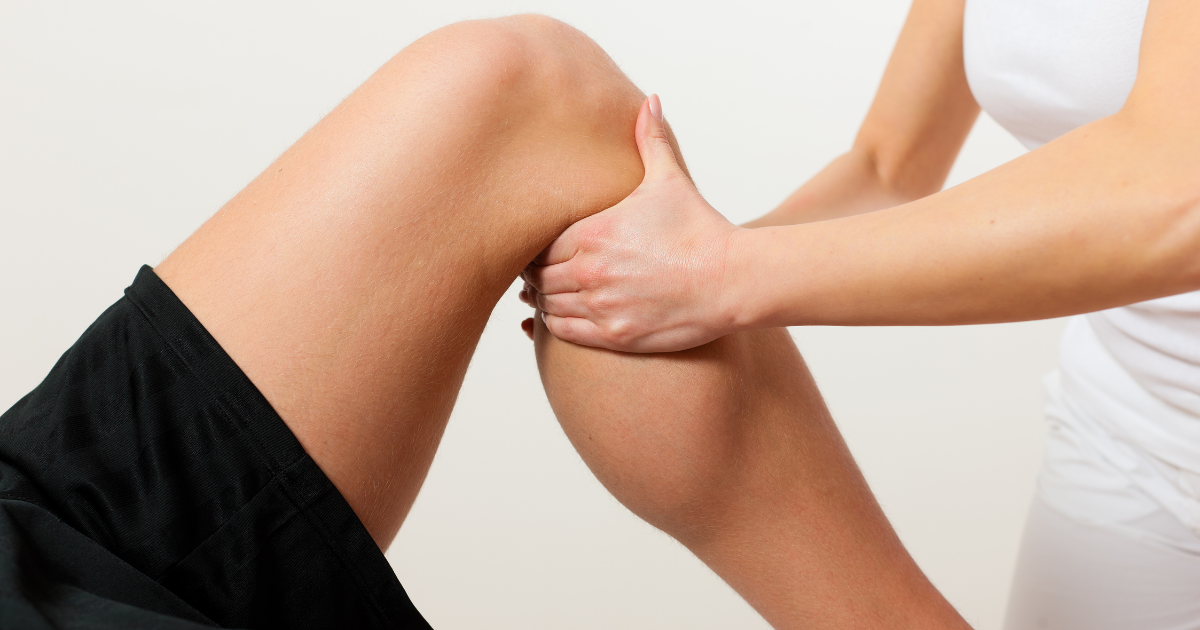Arthritis is a common condition that affects millions of people worldwide, and one of the most noticeable areas it impacts is the hands. Whether it’s difficulty opening a jar, gripping objects, or experiencing stiffness in the morning, arthritis in the hands can make everyday tasks challenging. Understanding arthritis symptoms in hands and learning how to manage them effectively can help maintain hand function and improve quality of life.
What Are Arthritis Symptoms in Hands?
Arthritis in the hands can cause a variety of symptoms, ranging from mild discomfort to severe joint damage. Here are 5-10 key signs to watch for:
- Pain and Tenderness: Persistent or occasional pain in the fingers, knuckles, or wrist, which may worsen with activity.
- Stiffness: Difficulty moving the fingers, especially in the morning or after periods of inactivity.
- Swelling: Joints may appear puffy and feel tender to the touch due to inflammation.
- Redness and Warmth: The skin around affected joints may turn red and feel warm.
- Weak Grip Strength: Difficulty holding objects, writing, or performing fine motor tasks.
- Clicking or Grinding Sensation (Crepitus): Joints may make noises due to cartilage deterioration.
- Finger Deformities: Over time, fingers may change shape, develop bony growths, or shift position.
Types of Arthritis That Affect the Hands
Arthritis in the hands can arise from various conditions, each affecting the joints differently. Identifying the specific type is essential for accurate diagnosis and effective treatment. Below are the most common types:
- Osteoarthritis (OA): This is the most common form of arthritis in the hands. It occurs due to the gradual breakdown of cartilage, leading to joint pain, stiffness, and reduced mobility. OA often affects the thumb joint and the last two finger joints.
- Rheumatoid Arthritis (RA): An autoimmune disease where the immune system attacks the joints, causing inflammation, swelling, and eventual deformities. RA usually affects both hands symmetrically and can lead to severe joint damage if untreated.
- Psoriatic Arthritis (PsA): A form of arthritis that occurs in people with psoriasis. It leads to swollen fingers, nail changes, and persistent pain. It can resemble RA but typically affects individual fingers rather than symmetrical joints.
- Gout: Caused by the buildup of uric acid crystals in the joints, gout can lead to sudden, intense pain and redness in the hands. Though more common in the big toe, gout can affect finger joints as well.
- Lupus Arthritis: A symptom of systemic lupus erythematosus (SLE), this type of arthritis can cause pain, stiffness, and swelling in the hands, often alongside other systemic symptoms like fatigue and skin rashes.
- Post-Traumatic Arthritis: Occurs after an injury to the hand, such as fractures or ligament damage. The wear and tear over time can lead to arthritis symptoms, sometimes years after the injury.
Managing Arthritis Symptoms in Hands
1. Lifestyle Changes
- Maintain a Healthy Diet: Eat anti-inflammatory foods like fatty fish, nuts, and leafy greens.
- Stay Active: Gentle hand exercises can improve flexibility and reduce stiffness.
- Avoid Excessive Hand Strain: Use ergonomic tools to reduce joint stress.
2. Hand Exercises for Arthritis
- Finger Bends: Slowly bend and straighten fingers to improve mobility.
- Thumb Stretch: Pull your thumb across your palm and hold for a few seconds.
- Grip Strengthening: Squeeze a soft ball or putty to enhance grip strength.
3. Medications and Treatments
- Pain Relievers: Over-the-counter NSAIDs like ibuprofen can reduce pain and swelling.
- Topical Creams: Gels with menthol or capsaicin can provide localized relief.
- Corticosteroid Injections: Used in severe cases to reduce inflammation.
- DMARDs and Biologics: For autoimmune arthritis like RA, disease-modifying drugs can slow progression.
4. Home Remedies
- Hot and Cold Therapy: Apply a warm compress to ease stiffness or use an ice pack to reduce swelling.
- Hand Splints or Braces: Provide support and reduce strain on joints.
- Paraffin Wax Therapy: Warm wax can help soothe joint pain and improve flexibility.
When to See a Rheumatologist
If you experience persistent hand pain, swelling, or reduced mobility, it’s essential to consult a rheumatologist. A specialist can accurately diagnose the condition and provide an effective treatment plan to manage arthritis symptoms in your hands. Early intervention helps maintain hand function and relieve discomfort.
Frequently Asked Questions (FAQs)
1. What are the first signs of arthritis in your hands?
The first signs include stiffness, pain, swelling, and difficulty gripping objects. You may also notice reduced flexibility and occasional joint redness.
2. How to fight arthritis early?
Early intervention includes staying active, maintaining a healthy weight, eating anti-inflammatory foods, and consulting a doctor for personalized treatment.
3. What foods are good for arthritis?
Foods rich in omega-3 fatty acids, antioxidants, and vitamins, such as salmon, walnuts, berries, and leafy greens, help reduce inflammation and support joint health.
4. What exercise is best for arthritis in hands?
Gentle exercises like finger bends, thumb stretches, and grip strengthening exercises help maintain mobility and reduce stiffness.
5. What is the best vitamin for arthritis in your hands?
Vitamin D, vitamin C, and omega-3 fatty acids are beneficial for joint health. Supplements like glucosamine and chondroitin may also help.
6. What age does arthritis start?
Arthritis can develop at any age, but it is more common in people over 40. Certain types, like rheumatoid arthritis, can begin in young adulthood or even childhood.
Final Thoughts
Arthritis in the hands can be painful and limiting, but with the right management strategies, it is possible to maintain function and improve daily life. By recognizing arthritis symptoms in hands early and working with a rheumatologist, you can take proactive steps to keep your hands strong and mobile. If you or a loved one are experiencing arthritis symptoms in hands, schedule a consultation with a rheumatologist today to explore the best treatment options for you.





